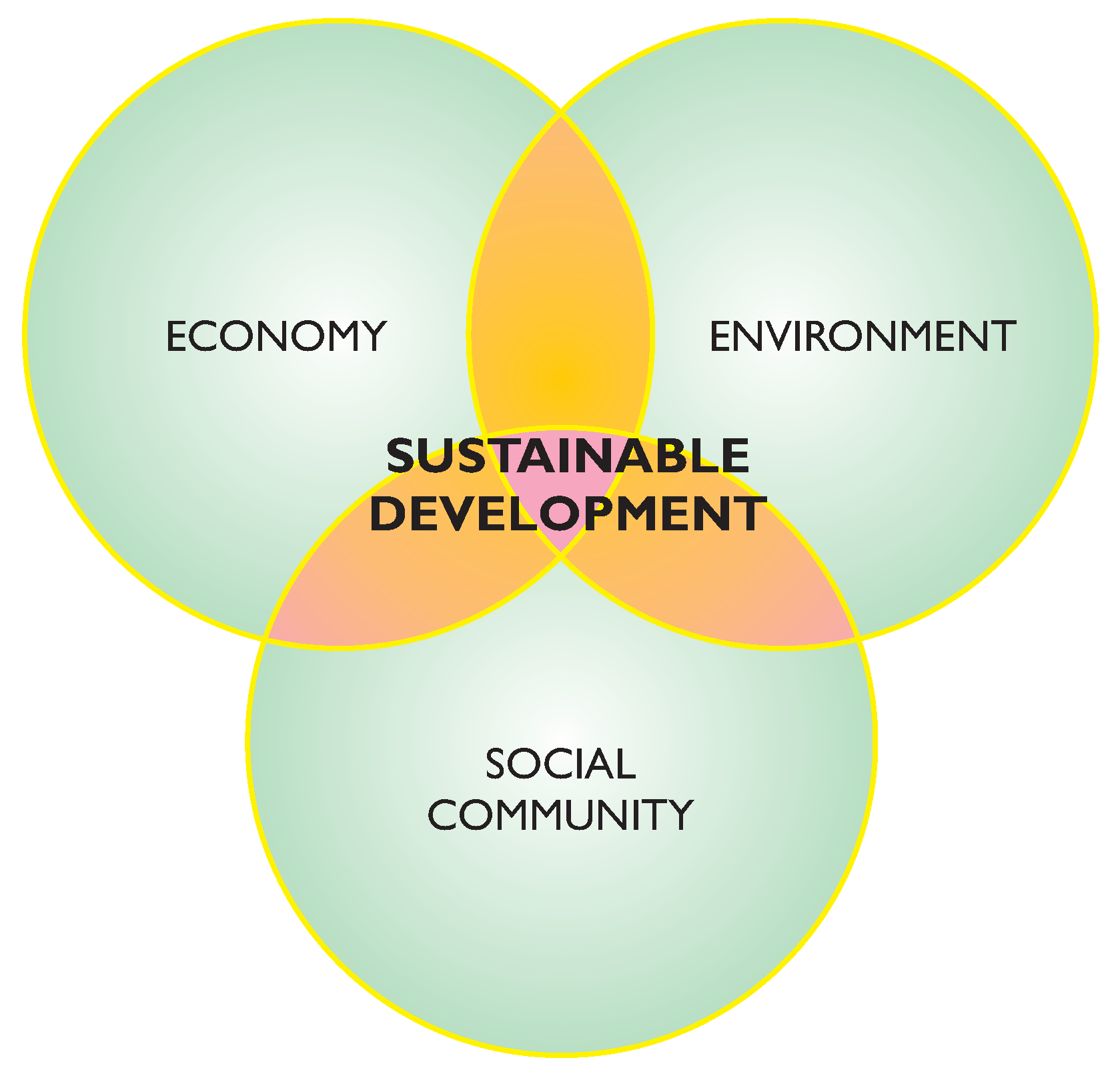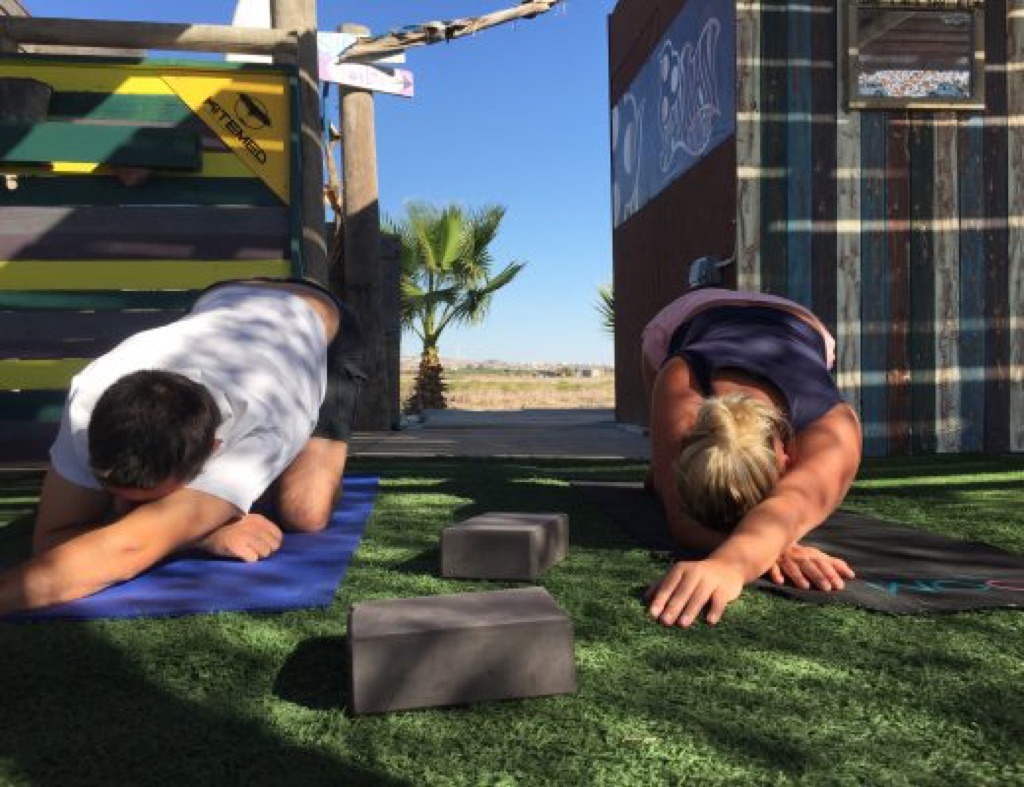As long as I can remember I have had an interest in environmental issues and holistic living, long before yoga came to my life. Coming from Finland environment is something we are surrounded by all the time and things like not littering, paying for plastic bags in supermarkets and recycling were things that were well established in every aspect of the society already in the 1980s and even before that.
Always keen to dig a little bit deeper I went on to study sustainable development as a part of my master’s degree and even did some research work on the topic for UNESCO back in the day. Life happens and for over a decade I ended up working in a completely different environment. By this time the concept of sustainable development had started broaden and include the notion of corporate social responsibility (CSR) in a more prominent way. Working in a corporate environment allowed me to keep track on the latest developments in CSR and to think what opportunities we have to include sustainable practises in every aspect of our lives in a world that was – and is – rapidly changing and bringing us more and more complex challenges.
The below text was first published few weeks ago as a part of my on-going collaboration with EcoHomeStore. The idea for it came from the wish to go back to the basics: so often we talk about ideas and plans for future, only to realise that what our understanding of different concepts behind our ideas can be very different. There obviously is more to sustainable development what is offered below but it does offer a starting point and/or a recap for those wondering what it is all about.
What are we talking about when we talk about sustainable development?
Sustainable development, sustainable living, conscious living, socially responsible consumption… We hear these words more and more and instinctively probably would agree they are good thing. But have you ever wondered what do these words really mean, in real-life terms? And where does the concept of sustainable development come from in a first place?
The term “sustainable development” was first outlined in 1987 in a United Nations document called “Our Common Future” where it is defined as ““development that meets the needs of the present without compromising the ability of future generations to meet their own needs.” In other words, the aim was to highlight the interdependence of economic development and environmental issued and how they should be discussed together. Since 1987 the concept and discussion of sustainable development has vastly evolved and expanded. Today it is commonly described to include three interlinked pillars: The environment (or ecology), the economy and society.

The environmental dimension refers to the need to preserve basic natural resources essential for sustaining life, such as the availability and quality of air, water, food and shelter. Other aspects of the environmental sphere are related to health (e.g. pollution as a health risk) and the use of natural resources for economic gains faster than these materials can be replenished naturally. At the heart of environmental sustainability is the need to (re)design the activities societies need whilst not degrading nature’s supplies. Examples of this are the utilisation of renewable energies such as wind and sun, mindful usage of water and harvesting materials such as wood from forests at a rate that maintains biodiversity. Further example is to eat food produced as locally as possible, from sources that favour methods of farming that do not damage the soil or water resources.
The United Nation’s Development Goals define sustainable economic growth as ”a requirement for the societies to create the conditions that allow people to have quality jobs that stimulate the economy while not harming the environment.” The premise behind this is that poverty puts stress on the environment, as lack of resources and education in the underdeveloped parts of the word tends to lead to overuse of resources, as survival is at stake. Equally environmental problems often hit the poorest regions the worst. Some theories claim that increased global production helps the world’s poor to improve their income and with it their health, opportunities for education etc. Yet, it is impossible to dispute the fact that the gains economic growth of the planet are distributed unevenly, in addition to which the richest countries in the world are responsible for most of the pollution whilst consuming most of the resources.
The situation today calls for new ways of thinking with research and innovation being in its core. Many businesses are also waking up to the possibilities that caring about the environmental impact can be beneficial to them as their clients become more aware of the issues at stake on a global level. The latest step in this field is the European Directive that now requires big companies to produce an annual “non-financial statement.” This document needs to contain information about their environmental, social and employee matters, respect for human rights and anti-corruption matters. This directive came into force in Cyprus on 2nd June 2017 in the form of the Companies Law.

Social aspect of sustainability is a widely ranging, multi-dimensional concept. Broadly speaking it is concerned with taking humane aspects and development into account in everything, including the economy. Social sustainability is as much about diversity and inclusion at home and at workplace as it is about equal access to education, training. Another element of it is fair access to green spaces in urban communities but also, quite literally, about physical access to buildings and public transportation for people with different abilities. And we cannot talk about social sustainability without mention the importance of democracy and good governance, on every level of the society.
Ultimately, social sustainability is about respecting the human rights of all individuals and conscious eradication of any obstacles (or even unconscious bias) that exist. This can take the form of codes of conducts and transparent policies at workplace preventing discrimination, clear acknowledgement that diverse opinions and participation usually lead to more inclusive governance and improved social cohesion and encouraging social interaction between different communities and groups.
Looking back to the developments since 1987 when “Our Common Future” was first published there is lot to be optimistic about. Whilst the world we live in has become more complex, the understanding of what is required for improving environmental, economic and social sustainability continues to spread. Now more than ever we all have a part to play in this. We can all consider our options with our everyday consumer choices: Buying good quality products that are made or grown locally, even if they are a little bit more expensive. Turning off the tap when washing up, rather than keeping the water running. Recycling, taking your trash to the bin and educating the children about why do these things matter. Saying hello to the new family in the neighbourhood and aiming to act with curiosity and acceptance towards our surroundings. And if you are up for it, why not take on a wider challenge: Where do we get our idea of “development” and what does it mean in practise and is it sustainable for the generations to come?
Now over to you. What else does sustainable development mean to you? Are you concerned in a first place or just going with the flow? I would love to hear from your thoughts in the comments!







1 Comment
ES
July 13, 2017 at 16:11Very helpful piece. for me a simple but very effective example of sustainability is about reducing waste, and especially food waste. The first step towards this is not to buy too much food in the first place. It’s shocking and heartbreakin how much food gets thrown away.